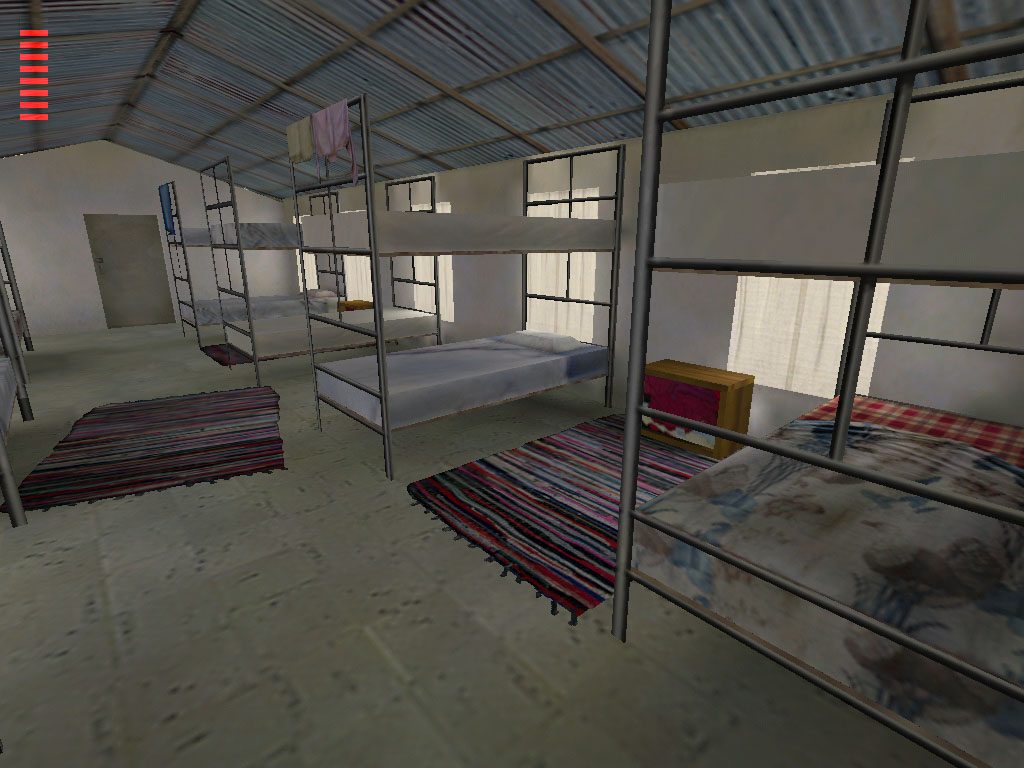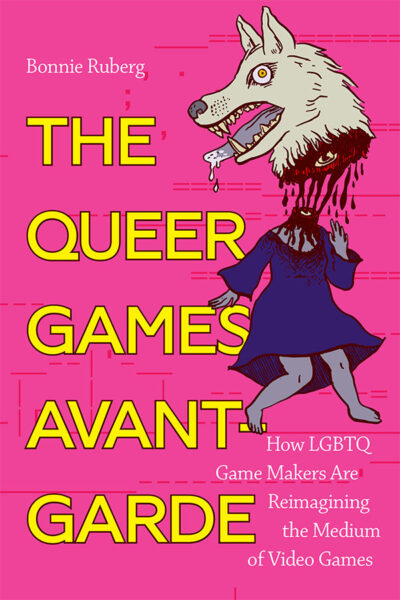“Escape from Woomera is an unfinished point-and-click adventure video game, intended to criticise the treatment of mandatorily detained asylum seekers in Australia as well as the Australian government’s attempt to impose a media blackout on the detention centres. In the game, the player assumes the role of Mustafa, an Iranian asylum seeker being held at Woomera Immigration Reception and Processing Centre. Mustafa’s request for asylum has been denied, and, fearing that he will be killed by the Iranian government upon his repatriation to Iran, he decides to attempt to escape Woomera. Mustafa must explore Woomera and speak with other individuals at the centre to devise and execute an escape plan.
The game was developed in 2003 and 2004 by a team of Australian video game industry professionals and an investigative journalist, using Half-Life’s GoldSrc engine.
The idea for a video game centred on asylum seekers in Australia came to Katharine Neil, then an developer at Atari’s Melbourne studio, in the aftermath of the 2001 Tampa affair. Neil spent a year and a half assembling a team to work on the game and securing initial funding for the project. Fourteen people contributed to the game, with a core development team of four. Many of the Australian members of the development team, including Neil, contributed to the project anonymously to protect their jobs.
Neil stated that her motivation for the project was a desire to create a video game in which the asylum seekers were the heroes. The purpose of the game, according to Neil, was twofold. The team wanted to criticise the treatment of detained asylum seekers in Australia, and they also wanted to prove that video games were capable of the task. At the time, the idea that video games could convey political topics in a serious manner, and that they were a form of culture worth being taken seriously, had not caught on strongly. The game also was a statement against the Australian government’s attempts to suppress media access to, and coverage of, the detention facilities.” aldus wikipedia.




